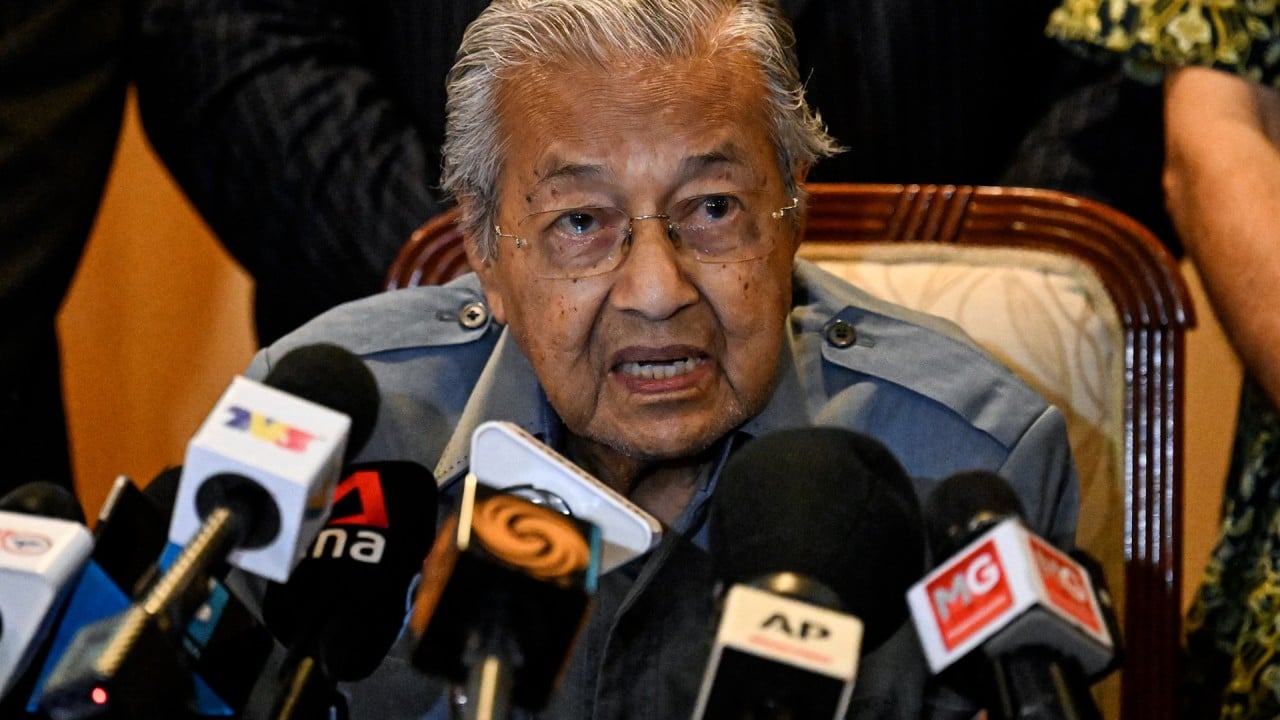
To beat Malaysia’s ‘green wave’, Anwar’s unity government must do more for struggling Malays
- Anwar’s multiracial coalition government has shifted to the right in an effort to defend Malay conservative values
- Facing external risks like the Ukraine war, and a slumping currency due to US rate hikes, many Malays believe Anwar’s government should be doing more to help them
PN, riding on ethno-religious posturing and promises of broad economic aid, won 146 of 245 seats across the six states in the peninsula that went to polls.

All but a handful of seats won by PN were Malay-majority seats, including in Selangor and Penang, which are long-time strongholds of Anwar’s Pakatan Harapan (PH) coalition.
But was it really a revolt by Malays against Anwar and his nine-month-old administration, which the opposition claim is being led by the nose by the prime minister’s Chinese-dominated partners in the DAP?
A closer look at the numbers shows a continuation of the trend seen in last November’s general election, when Malay voters in the peninsula triggered a “green wave” – the party colour of PN component PAS – that gave the opposition a formidable minority in parliament.

But the green wave arose even before there were official discussions to create Anwar’s unity government, which, at the king’s behest, brought together the prime minister’s allies and long-time rivals in the former ruling Umno party.
To stem the tide of the green wave, Anwar’s multiracial administration – widely regarded as more socially progressive – took a noticeable turn towards the right in what was seen as an effort to outdo PAS in defending Malay conservative values.
But none of that seemed to matter to Malay voters during the two-week campaign that preceded Saturday’s polls, especially among those who Anwar and his political strategists were hoping to poach from the other side of the divide.
Regardless of allegiances, economic survival was the common theme among Malay voters during each side’s campaign stops.
Rather than trying to beat PAS – and by extension PN – at their own game, perhaps Anwar’s administration should consider going down the long but necessary path of economic reforms, which look to be a better bet to convert at least some Malay support by the time the next general election is called by 2027.
Joseph Sipalan is a correspondent at the Post’s Asia desk.


